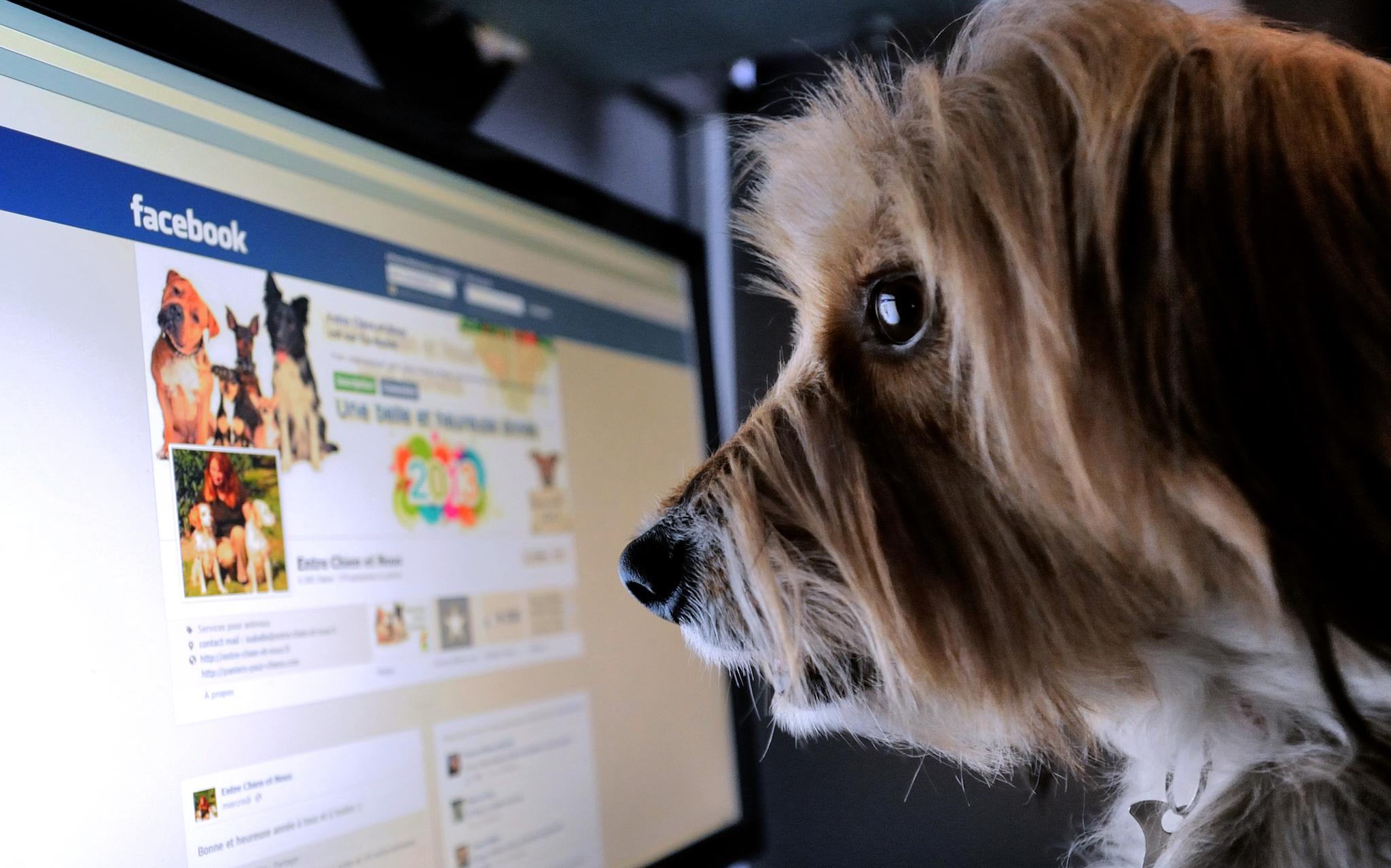Facebook likes don't make people any less miserable, study confirms
The study shows just one small way that social media can affect our mental health, researchers said

Your support helps us to tell the story
This election is still a dead heat, according to most polls. In a fight with such wafer-thin margins, we need reporters on the ground talking to the people Trump and Harris are courting. Your support allows us to keep sending journalists to the story.
The Independent is trusted by 27 million Americans from across the entire political spectrum every month. Unlike many other quality news outlets, we choose not to lock you out of our reporting and analysis with paywalls. But quality journalism must still be paid for.
Help us keep bring these critical stories to light. Your support makes all the difference.
You'll still be miserable even if people on Facebook like you, a new study has confirmed.
Receiving likes on social media posts doesn't make people feel better about themselves or improve their mood if they are down, according to the research.
The findings come from a study that saw 340 people, recruited via Twitter and Facebook, complete personality questionnaires.
During that questionnaire, they were asked how much they agreed or disagreed with 25 statements about the ways they were valued on social media. They were told to discuss whether they agreed with the statement "the attention I get from social media makes me feel good", for instance, or "I consider someone popular based on the amount of likes they get".
It found that if people went out of their way to get more likes – such as by paying for them or asking people to like them – were more likely to have lower self-esteem and trust people less. Those people who deleted posts or chose their profile picture based on how popular they were ran into the same problems.
And the study found that getting those likes didn't change their mood at all when they were feeling down.
"The proliferation of social media use has led to general concerns about the effects on our mental health," said Martin Graff from the University of South Wales. "Although this is just a relatively small scale study the results indicate that the ways we interact with social media can affect how we feel and not always positively."
The research will be presented at the British Psychological Society's Annual Conference in Brighton this week.
Join our commenting forum
Join thought-provoking conversations, follow other Independent readers and see their replies
Comments